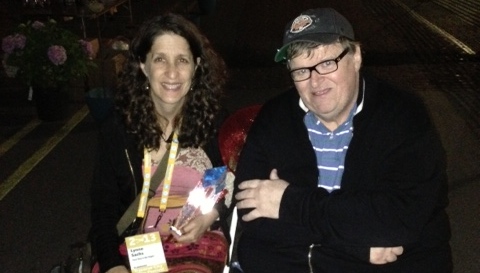
Lynne recently took part in a panel discussion at IFP Film Week in NYC called “Neorealist Features & Hybrid Documentaries” along with David Wilson of the True/False Festival, and filmmakers Lotfy Nathan, Damon Russell, & Tim Sutton. Paula Bernstein of Indiewire recapped the panel in her article here: Fact or Fiction? Neorealist Features and Hybrid […]








